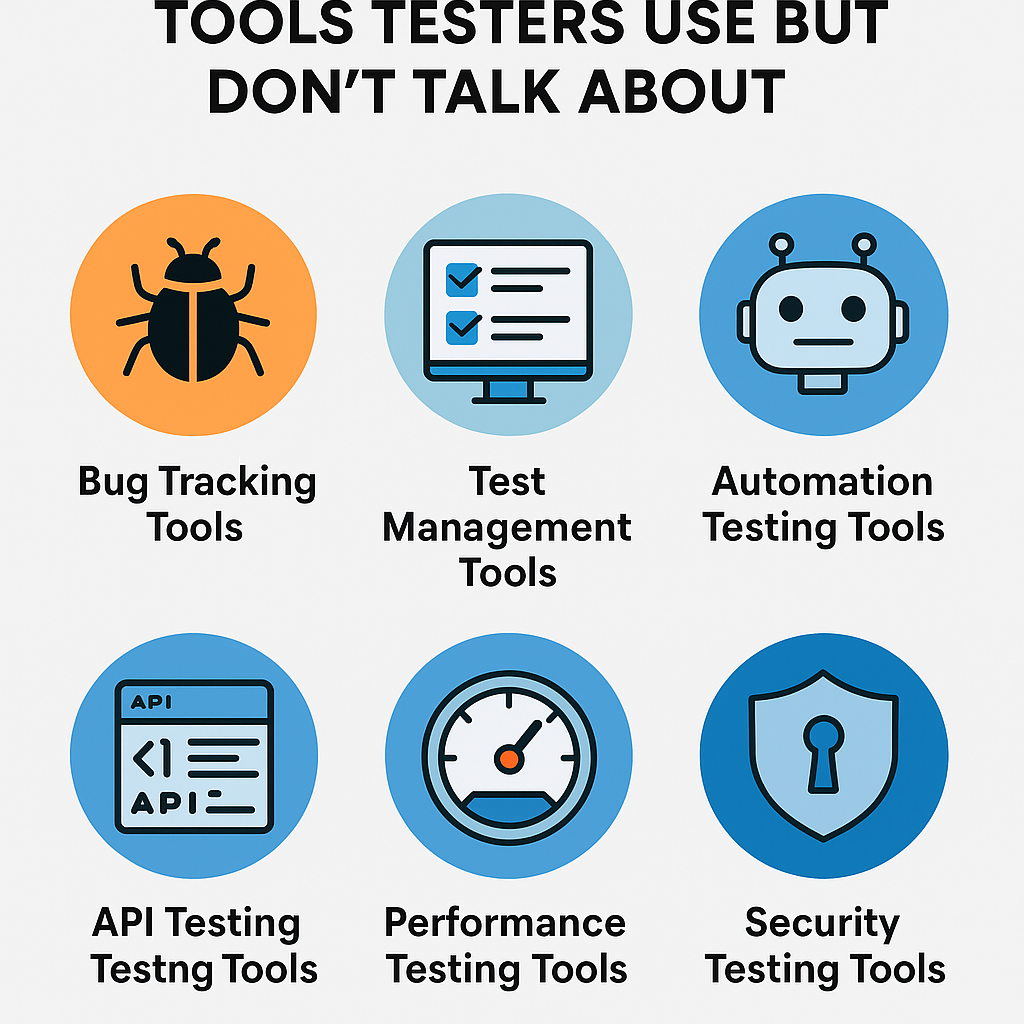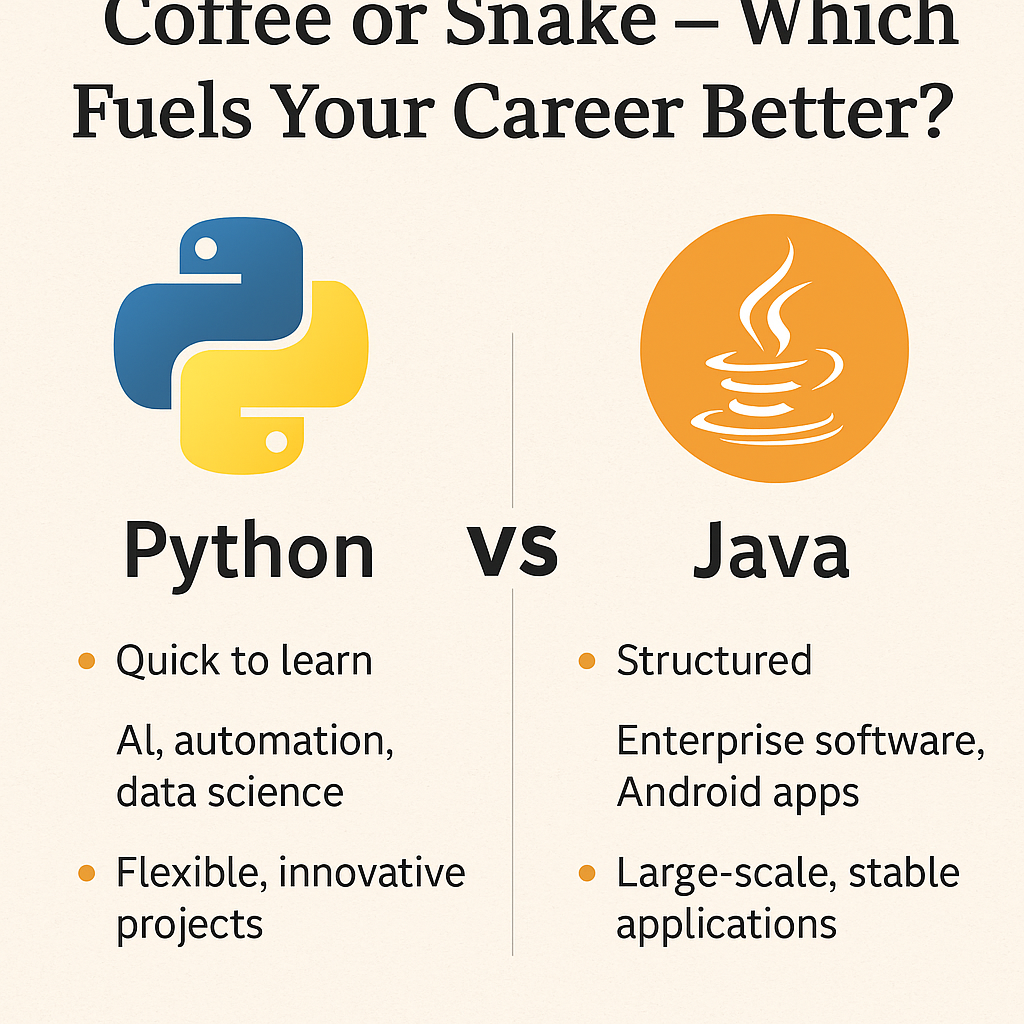A Software tester who is skilled in DB tasks will be willing to learn from the Developers and DBAs in the shop. The tester should be eager to strengthen their database skills and learn new techniques. A software tester is willing to experiment with new SQL syntax, so they can master this skill.
Proficiency in SQL is achieved through diligent practice, and good SQL tools can greatly help testers in achieving proficiency. It is the testers’ passion for understanding the many data models in the application that will really make them a great asset for their projects, and they are actually proficient in SQL.
Developers are not the only ones who use SQL. If you are a tester or quality assurance professional, you will also need to run some tests against the database, and verify data using some tool. In other words, database testing is not limited to database testers only. Often, manual functional testing also needs to test data.
What is SQL?
There is a database language used by the American National Standards Institute to access or manipulate databases. Software applications use SQL to perform tasks such as retrieving, updating, and inserting and deletion data. There are plenty of things that can be done thanks to the SQL makes it possible to execute queries, insert and update records.
What Can SQL do?
- Queries can be executed against a database.
- It helps to retrieve data from a database.
- SQL query inserts records in a database.
- It is possible to update records in a database through SQL.
- With the help of SQL, you can delete records from a database.
- To perform testing, you need a fresh database. That you can create new by executing the query.
- It helps you create new tables in a database.
- It uses to create stored procedures in a database.
- SQL can create views in a database.
- It helps you to give the authorization or permissions to access or perform the operations of the database.
SQL queries types
Select * from <tablename> where <condition>
There are three important types of commands in the database that every software tester knows:
- DDL: Data definition language
- DML: Data manipulation language
- DCL: data control language
Let us take a look at the syntax for the most commonly used statements.
Data Definition Language(DDL)
The data definition language can be used to define a database structure or schema. The most common DDL statements are as follows:
To a creation table
Create table <tablename> (field1 datatype(field size),……………..fieldn datatype(field size))
To Delete the entire table
Drop table <tablename>;
Note: Delete statement cannot be rolled back if you perform this accidentally.
Data Manipulation language
Data Manipulation Language (DML) allows you to manipulate the data in the database instance by inserting, modifying, and deleting its data. All types of data modification are performed by it.
To insert a row into a Database table
INSERT INTO <table name> (field1, field2, field3) VALUES (‘val1′, ‘val2′…’valn’);
Delete specific row/rows from a table.
DELETE FROM TABLENAME WHERE <required condition>;
Update rows in the table
UPDATE <tablename> SET field1 = ‘updated value’ WHERE field2 = ‘N’;
Data control language
It aims to give users permission to manipulate and access data. In DCL, we use Grant and Revoke statements.
Grant syntax
Grant select/update On <table name> To <user id1, user id2…useridn>;
Revoke syntax
Revoke select/update on <table name> from<user id1, user id2…useridn>;
Instructor-led Training
Software Testing Online Training
- Manual Testing
- Database/SQL/Database Testing
- JIRA defect management tool
- Java Programming
- Selenium Framework
- TestNG
- Cucumber with Maven
- Basic of Jenkins
To get more details, please visit the following URL:
https://www.qaonlinetraining.com/courses/software-testing-courses/qa-online-training/
Software Testing Classroom Training
Software testing classroom training includes the following modules:
- Manual Testing
- Database/SQL/Database Testing
- JIRA defect management tool
- Java Programming
- Selenium Framework
- TestNG
- Cucumber with Maven
- Basic of Jenkins
- API Testing with SoapUI or Postman
- Performance Testing with Jmeter
To get more details, please visit the following URL:
https://www.qaonlinetraining.com/programs/master-of-software-testing-ba-istqb-training/
Note: In classroom training, Business Analyst Training is totally free. And ISTQB Certification training is totally up to you












